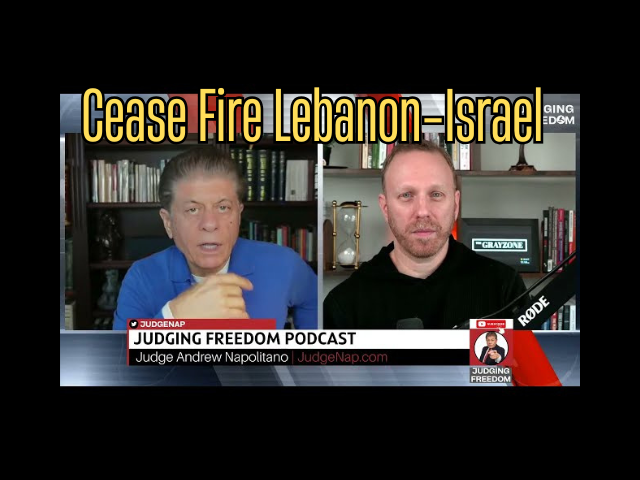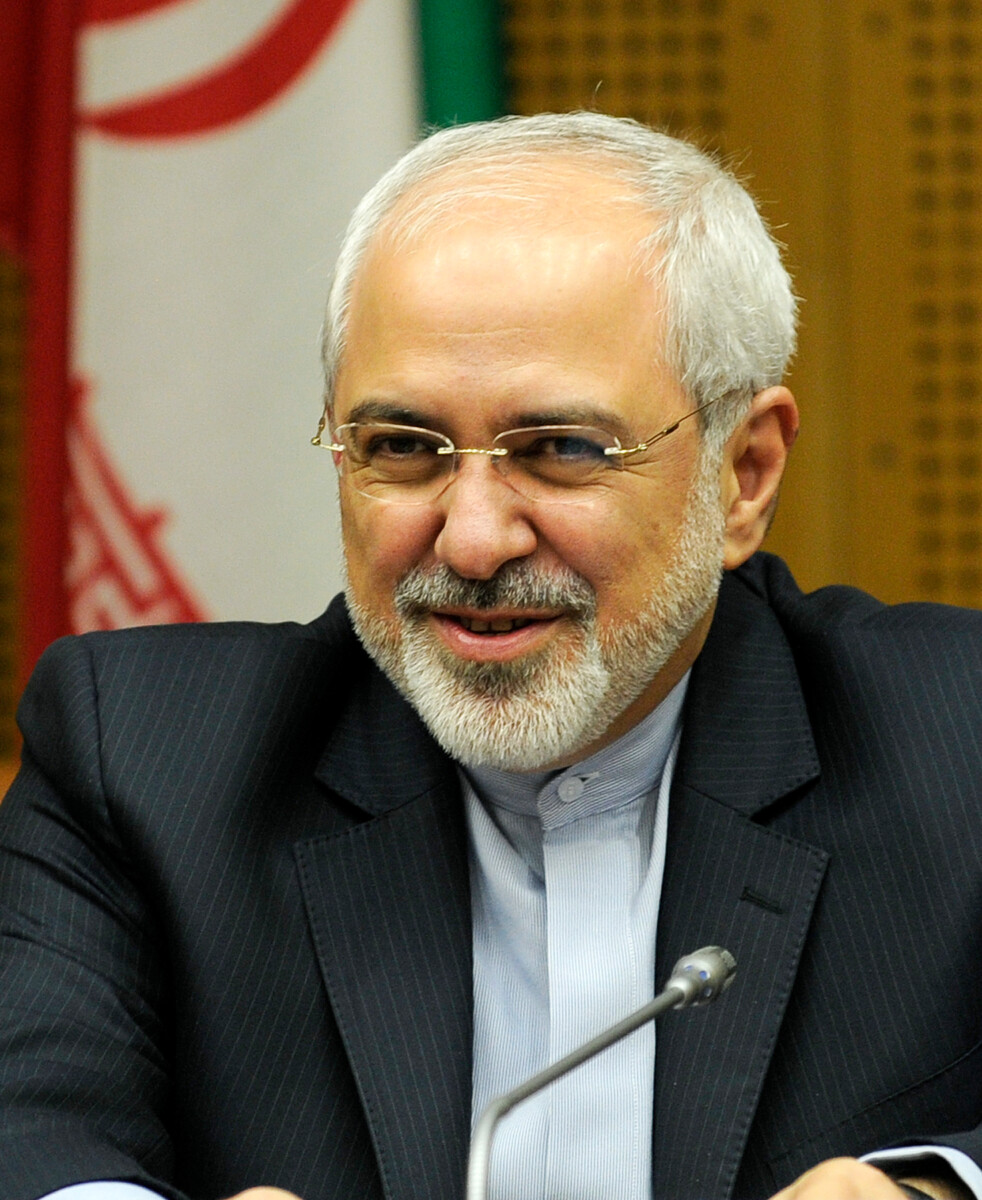In a recent episode of *Inside Story*, hosted by Bernard Smith, the spotlight was cast on a significant development in international law and diplomacy: the International Criminal Court’s (ICC) decision to issue arrest warrants for Israeli Prime Minister Benjamin Netanyahu and Defense Minister Yoav Gallant. This move has not only stirred intense reactions from Israel and its staunchest ally, the United States, but it has also drawn the attention of European nations and the global community. As you delve into the implications of this decision, it is essential to consider the perspectives shared by the esteemed guests on the show: Francesca Albanese, Ori Goldberg, and Professor Stephen Zunes.
The ICC’s Bold Step
The ICC’s issuance of arrest warrants is a watershed moment, marking a dramatic escalation in the international legal scrutiny of Israel’s actions in the Occupied Palestinian Territories. As Francesca Albanese, the UN Special Rapporteur on the Occupied Palestinian Territories, elucidates, this move underscores the ICC’s commitment to upholding international law and holding individuals accountable for alleged war crimes. For you, this development signals a potential shift in how international justice is pursued, particularly concerning long-standing geopolitical conflicts.
Reactions from Israel and the United States
Israel and the United States have responded vehemently, denouncing the ICC’s decision as politically motivated and biased. This reaction is not entirely unexpected, given the historical context of their relationship with the ICC and their broader stance on international legal institutions. As you navigate the complexities of this situation, it is crucial to recognize the underlying tensions between national sovereignty and international accountability that these reactions highlight.
European Nations’ Stance
Interestingly, most European nations have expressed their intent to execute the arrest warrants should Netanyahu or Gallant enter their jurisdictions. This position reflects a broader commitment to international law and human rights, which many European countries prioritize in their foreign policies. For you, this stance raises questions about the potential diplomatic ramifications for Israel and how it might influence its leaders’ travel and international engagements.
Potential Consequences and Future Scenarios
As Ori Goldberg, a political commentator and former academic specializing in Middle East Studies, points out, the issuance of these warrants could lead to a range of outcomes. On one hand, it might embolden Palestinian efforts to seek justice and accountability on the international stage. On the other hand, it could further isolate Israel diplomatically, particularly if more countries choose to support the ICC’s actions.
Professor Stephen Zunes, a politics professor at the University of San Francisco, offers a broader perspective on how this development fits into the larger context of Middle East politics and international relations. For you, understanding these dynamics is crucial as they could influence future peace negotiations and the stability of the region.
Conclusion
The ICC’s arrest warrants for Netanyahu and Gallant represent a pivotal moment in the pursuit of international justice and accountability. As you consider the implications of this development, it is important to weigh the diverse perspectives and potential outcomes discussed by the experts on *Inside Story*. This situation not only challenges the current geopolitical landscape but also poses fundamental questions about the role of international institutions in addressing complex conflicts. As the story unfolds, staying informed and critically engaged will be key to understanding its impact on Israel, its allies, and the broader international community.


